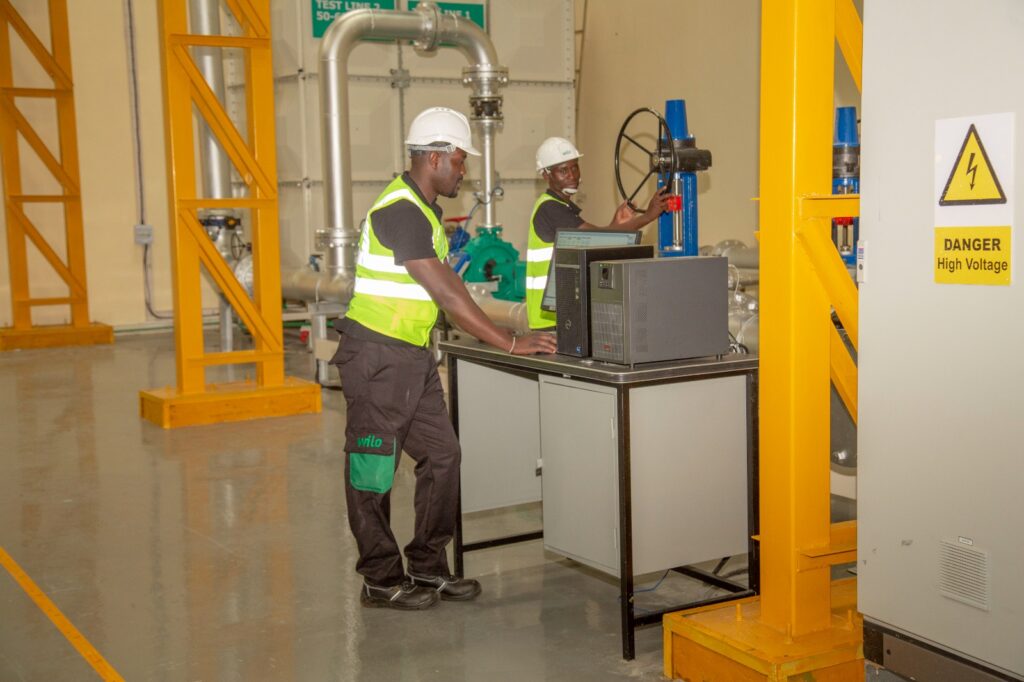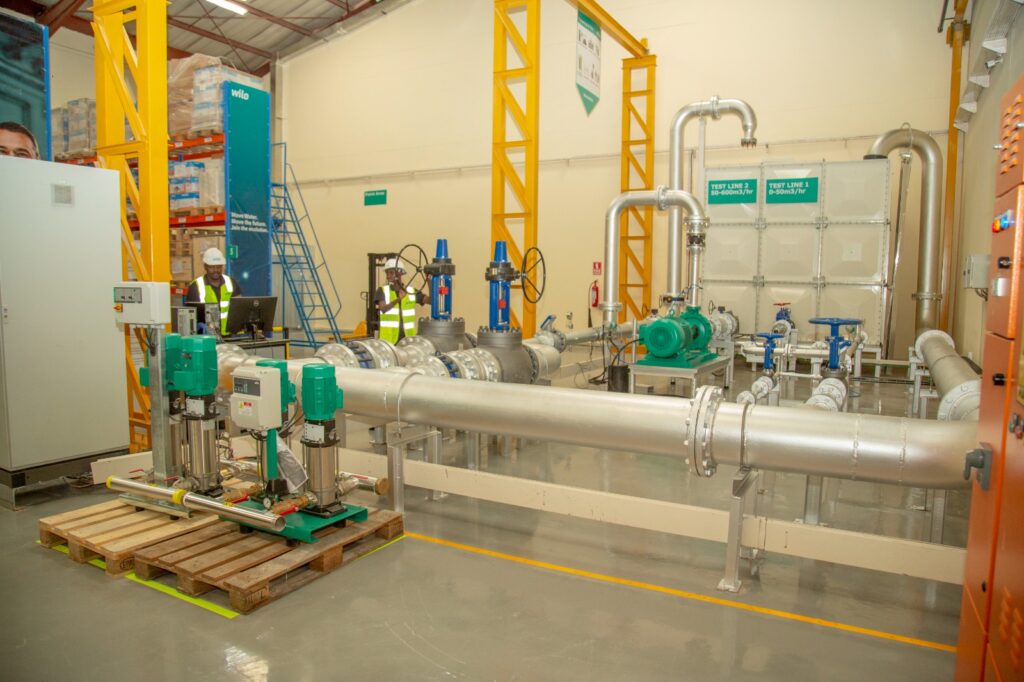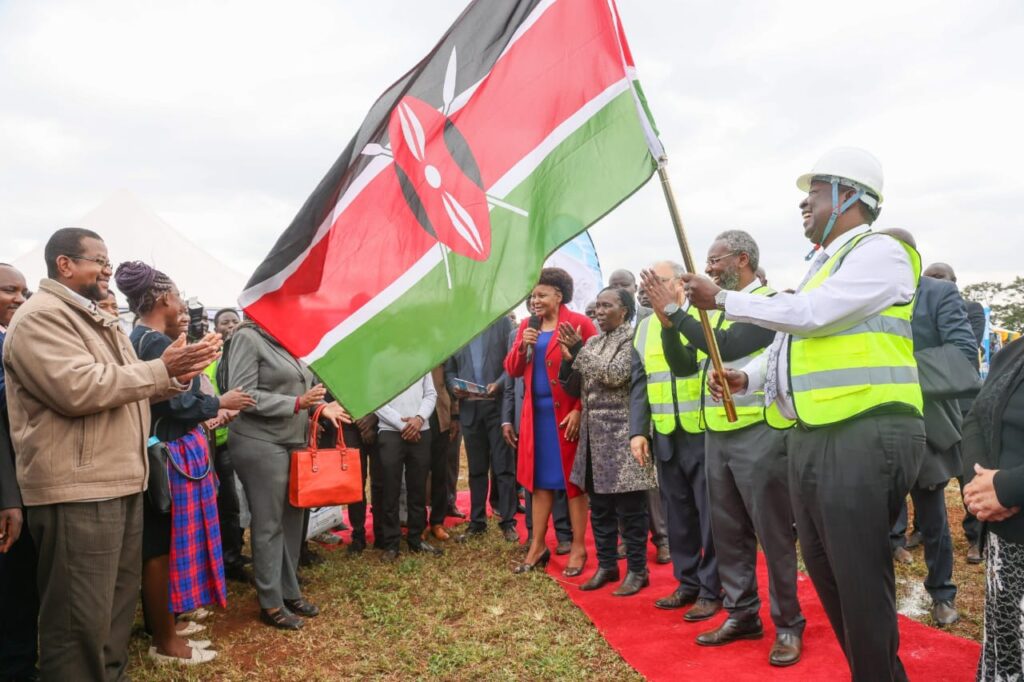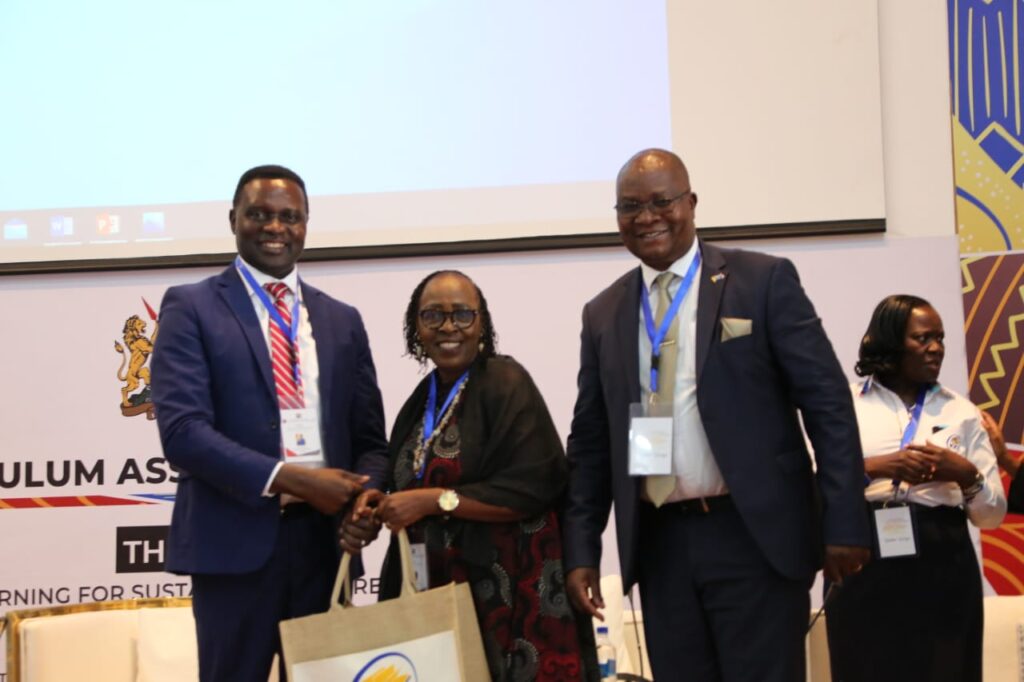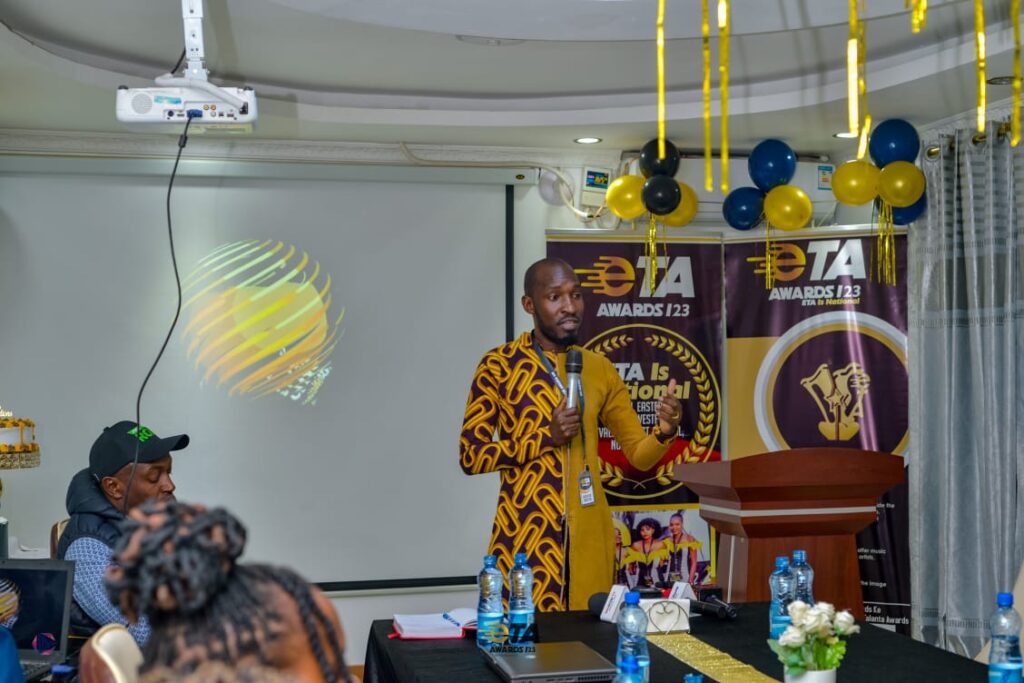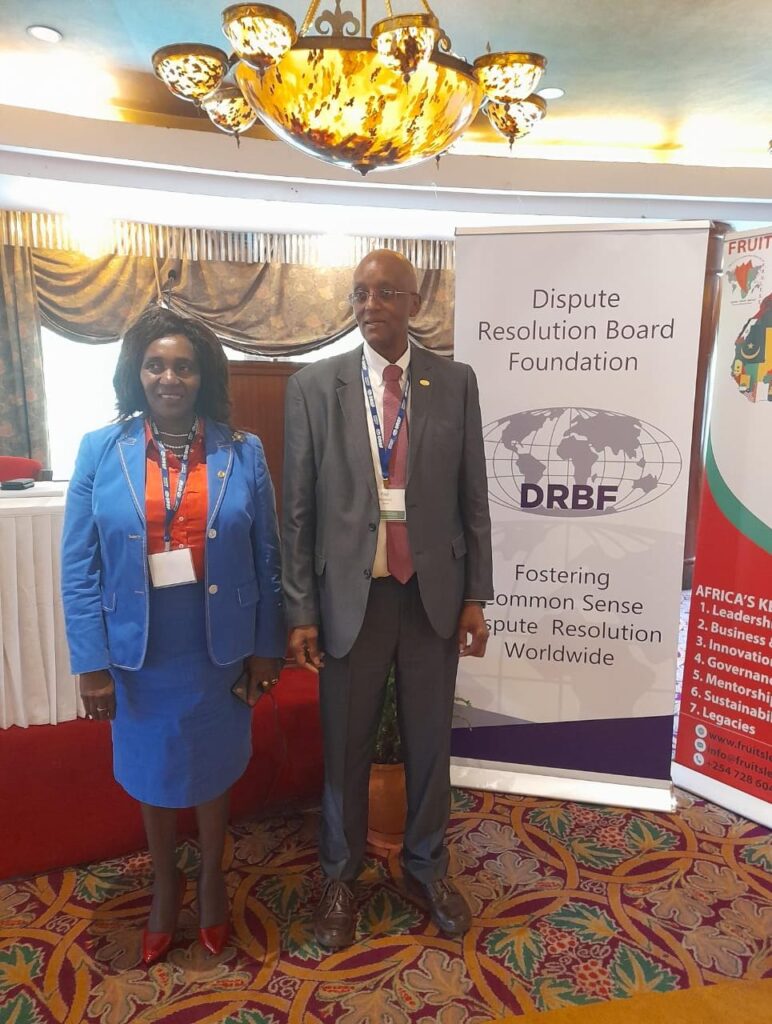
By Meresia Aloo
Nairobi, Kenya – Amidst a flurry of phone calls and a bustling schedule, we were granted a rare opportunity to step inside the vibrant offices of Bonfire Adventure’s, situated in Nairobi, Kenya. Securing an exclusive interview with none other than the esteemed CEO, Mr. Simon Kabu, felt like a remarkable feat as we were guided through the corridors to his office on the third floor.
Curiosity filled the air as we anticipated how long this privileged moment would last, given Mr. Kabu’s disclosure about his jam-packed agenda. For a billionaire of his stature, one might wonder why he immerses himself in such ceaseless work when he has all the riches in the world to indulge in leisurely pursuits while his company generates revenue.
During the interview, we had the chance to witness firsthand Mr. Kabu’s exceptional ability to multitask. Despite his busy desk, he adeptly managed to clear pending tasks, approve matters concerning his staff, and attentively cater to clients’ needs – all while preparing for our discussion. One intriguing aspect was his consistent use of earpods, which we initially assumed were for entertainment. However, through observation we understood that these earpods served the crucial purpose of receiving calls from clients scattered across the globe.
Within seconds, Mr. Kabu efficiently wrapped up his various responsibilities and wasted no time addressing an earlier concern that highlighted the urgency of his schedule. As we concluded the interview, it became evident that the CEO’s unwavering dedication and commitment were driving forces behind the success of Bonfire Adventure’s.

Later in the night, Mr. Simon Kabu was set to jet off to London, underscoring the magnitude of his international business endeavors and further affirming his reputation as a dynamic global entrepreneur.
For those who aspire to follow in his footsteps, this exclusive interview provided a glimpse into the remarkable life of a visionary leader whose passion and work ethic continue to shape the world of business and travel.
Meresia: Mr. Kabu, is going to London part of your escape to paradise?
Mr. Simon Kabu: By the way, I am combining holiday and work. I am going to market Kenya and follow up on my summer holiday with my family.
Meresia: So what is the inspiration behind Bonfire Adventures?
Mr. Simon Kabu: Bonfire Adventures started as a joke about 15 years ago when we were in a group similar to the current WhatsApp Groups, which we used to call Google groups. We used to talk about various topics in general. One day, we discussed the idea of organizing a team building since we had never met in person. When volunteers were called for organizing, my wife, Sarah, and I stepped up. The first team building to Kenya on the 1st of December 2007 was a success. We shared the photos on Facebook, and the attendees asked for another one. So we organized the second team building, and from there, we decided to work on it voluntarily since we were already working in different places.
During the third team building in Naivasha, someone asked us if we could organize team building for them, and once again, Sarah and I found ourselves doing it. As demand increased, we had to formalize our operations, leading to the birth of Bonfire Adventures. Our inspiration was to address a need. Before we came into the picture, traveling was mostly for the wealthy, and Kenyans only traveled occasionally. We wanted to change that by organizing group trips, reducing transport costs, and making travel more affordable. Our approach has brought people together, and we’ve even seen couples formed through social and career networking during our trips.
Meresia: Africa offers a diverse range of holiday destinations. What, in your opinion, are the top 15 holiday destinations in Africa and why?
Mr. Simon Kabu: In no particular order, the top 15 holiday destinations in Africa, according to my perspective, would be: Kenya (Maasai Mara, Diani), South Africa (Cape Town, Sun City), Egypt, Morocco, Seychelles, Mauritius, Rwanda, Tanzania (Serengeti), Zimbabwe (Victoria Falls), Botswana (Okavango), Zambia, Mozambique, Zanzibar, Uganda, Cape Verde, Madagascar, Egypt, and Israel. These destinations are popular for various reasons. Factors such as visa requirements, the uniqueness and exotic nature of the destinations, and the availability of attractions and activities influence people’s travel choices. For instance, destinations like South Africa attract many Kenyan tourists due to the ease of travel (no visa requirements) and the abundance of tourist excursions and activities.
Meresia: During your travels, which destination has surprised you the most, and why?
Mr. Simon Kabu: Maldives and South Africa have been particularly surprising and unique. South Africa has placed significant emphasis on tourism, offering a wide range of excursions and attractions that showcase the beauty of Africa, such as Table Mountain, which is exclusive to some African countries. Egypt, on the other hand, stands out due to its numerous big resorts and hotels that cater to various interests, including water-based activities.
Meresia: Africa’s cultural diversity is a major attraction. Could you share any memorable encounters with local communities or tribes that left a lasting impression on you?
Mr. Simon Kabu: On one occasion, during a visit to Victoria Falls, I attended a cultural festival where I had the opportunity to try grilled caterpillars as a local delicacy, which was surprisingly delicious. Additionally, when we visit places like Maasai Mara, we engage with the local Maasai community, supporting their cultural dances that are meant to entertain tourists upon arrival.
Meresia: Bonfire Adventures has likely faced its share of challenges. What were some of the most memorable hurdles you faced during the journey, and how did you overcome them?
Mr. Simon Kabu: One of the most significant challenges Bonfire Adventures encountered was the impact of the Covid-19 pandemic and insecurity issues. Insecurity in certain regions led to tourists canceling their bookings, affecting our operations. However, we remain resilient and have adapted to the changing circumstances to keep the business running.

Meresia: Africa is renowned for its wildlife and natural wonders. Have you ever encountered any unique wildlife experiences during your travels that you’d like to share?
Mr. Simon Kabu: Absolutely! During a game viewing expedition in Maasai Mara, a cheetah once jumped on top of our open Jeep, seemingly curious about other animals. It was both a unique and awe-inspiring moment for us, though we ensured we didn’t disturb the cheetah’s natural behavior.
Meresia: Sustainability and responsible tourism are crucial today. How does your team ensure that the adventures are conducted with minimal environmental impact and maximum benefit to local communities?
Mr. Simon Kabu: We are in constant communication with the Ministry of Tourism to follow guidelines on sustaining the environment. We have taken steps to reduce plastic usage in all our vehicles, using refillables instead. Additionally, we actively participate in park cleaning initiatives, such as in Nairobi National Park and Maasai Mara. Moreover, we engage with local communities, offering them employment as guides and supporting cultural interactions for tourists to learn about their way of life.
Meresia: The journey must have provided incredible experiences. Could you share a few moments that stood out as particularly awe-inspiring or life-changing for you personally?
Mr. Simon Kabu: One memorable moment was when I met Richard Branson during a trip to Maasai Mara. Another experience that stood out was when I hosted a group from Kenya in France and represented Africa. It was a proud moment for me to showcase the positive aspects of Africa to the world. Such encounters and experiences have truly changed the narrative of Bonfire Adventures, making us proud of the impact we have on people’s lives.
Meresia: Thank you, Mr. Kabu, for sharing your insights and experiences with us.
Mr. Simon Kabu: You’re welcome. It was my pleasure. Thank you for having me

